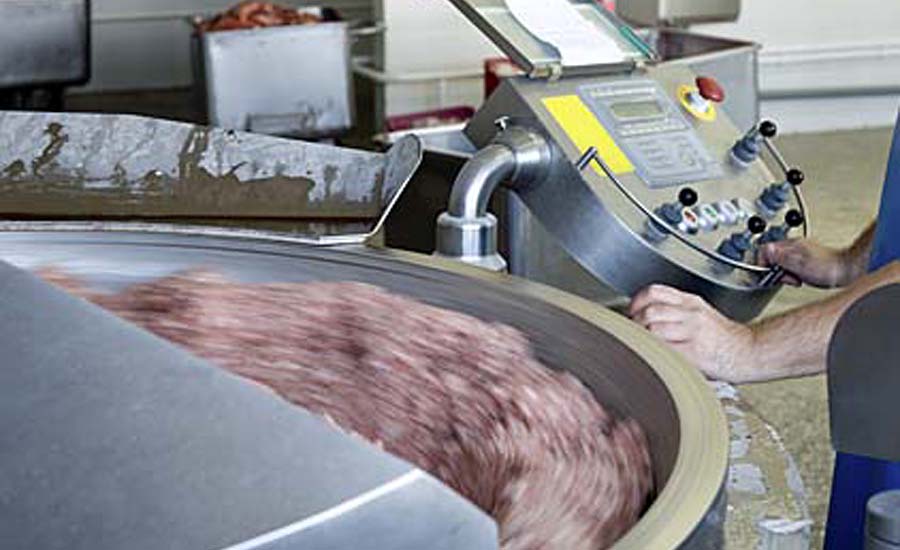The development of plant-based foods, gene editing and food personalization continues to disrupt the whole food value chain. In fact, the global plant-based meat market for plant-based meats is projected to reach $50 billion by 2025, according to a study released by UBS Evidence Lab, New York.
Data shows consumer plant-based meats use is low in developed markets, but rising fast, with consumer burger trialing at just 8% in the United States and mid-20% in the UK and Germany. Survey data shows 73% of interested buyers rank "taste curiosity" as their top reason to try plant-based meats, whereas loyalists cite health perceptions and environmental concerns. To convert non-plant-based meat users, respondents suggest food producers improve taste and affordability. In the restaurant franchisee survey, plant-based meats are attracting incremental traffic, boosting sales and yielding a 20% repeat purchase in quick-service restaurant (QSRs).
Base case models show global plant-based meat volume consumption to grow at a +31% CAGR through 2025 vs. an animal-meat CAGR of 0.9%.
The speed at which consumers trial and repeat/exit the plant-based meats category carries implications for food producers, chemicals and ag processors, restaurants and grocers. Food processors and restaurants have the greatest exposure to plant-based meats, while upstream industries are mixed. In food, plant-based meats bring a growing profit pool to pure-plays and food producers, whereas in restaurants, plant-based meats boost traffic and sales comparisons.
UBS Evidence Lab surveyed 3,000-plus consumers and 50 restaurant franchisees, reviewed of 20-plus million social media interactions and interviewed 20-plus protein scientists/supply chain experts.


